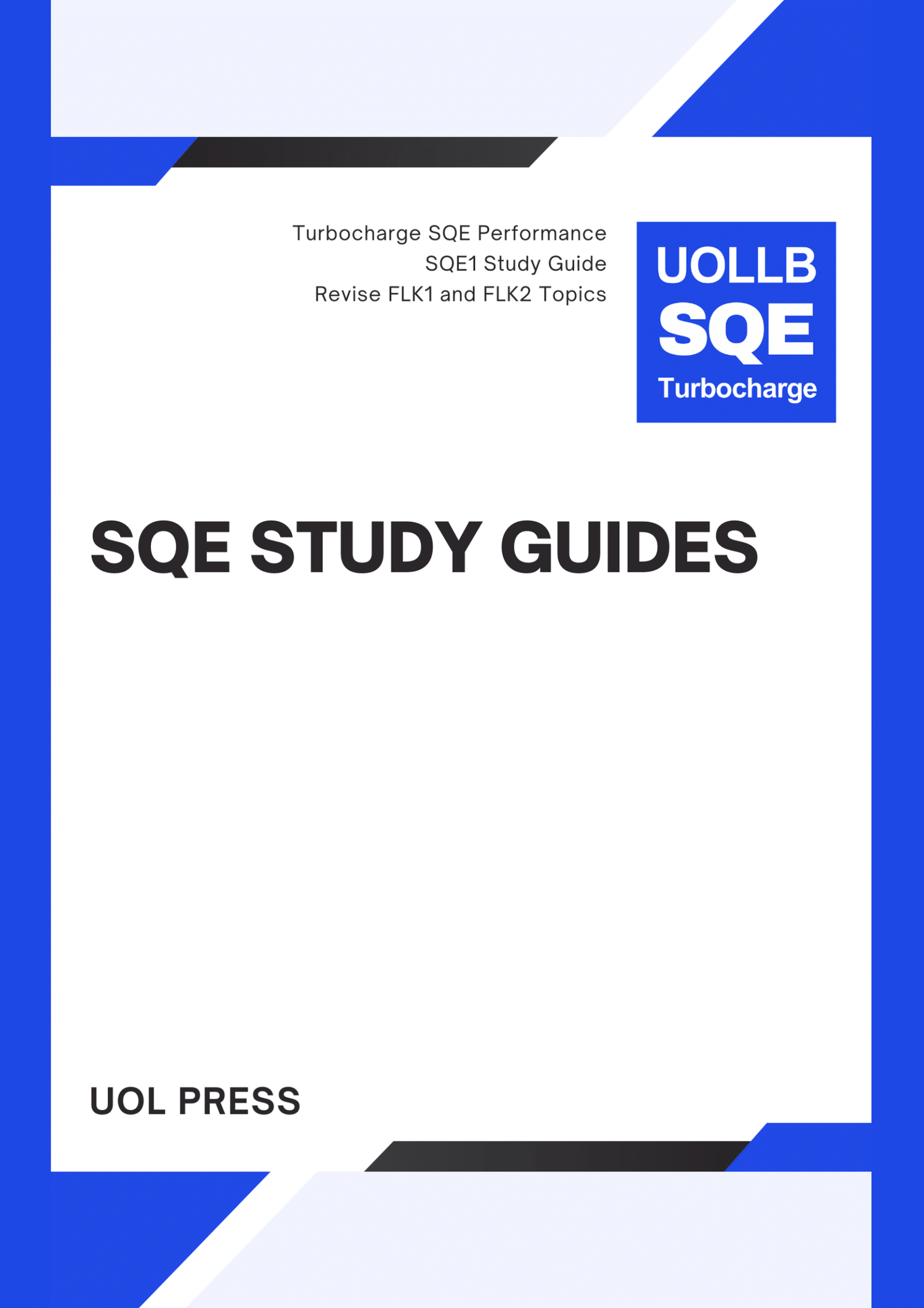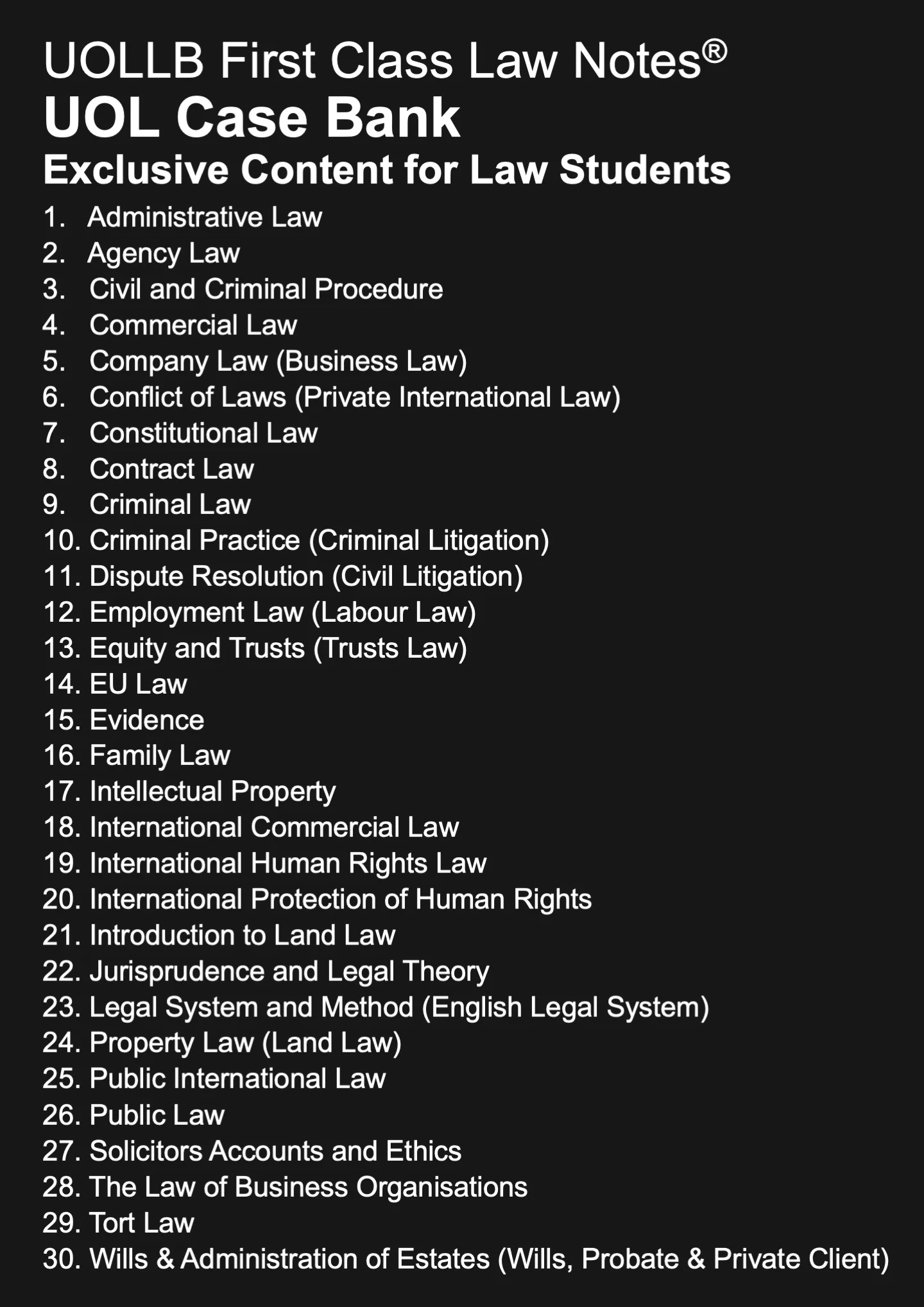Prosecutor's Fallacy
Share
The Prosecutor's Fallacy is a cognitive or logical error that can occur in the context of legal proceedings, particularly during the presentation of evidence in criminal trials. This fallacy occurs when a prosecutor misrepresents or misinterprets statistical evidence, leading to a misunderstanding or misjudgment by the jury or the court.
The prosecutor's fallacy typically involves the misuse of conditional probabilities. Suppose a prosecutor presents the following argument in a trial:
This argument is fallacious because it incorrectly assumes that the probability of innocence is the same as the probability of a random match. In reality, the probability of a random match is related to the prevalence of similar DNA profiles in the population, whereas the probability of innocence should take into account all other relevant evidence.
In other words, the prosecutor's fallacy occurs when the prosecution presents evidence that makes it seem more likely that the defendant is guilty without considering other relevant factors or evidence that might affect the overall likelihood of guilt.
It is crucial for legal professionals, jurors, and the court to be aware of the prosecutor's fallacy and to carefully evaluate statistical evidence and arguments presented in trials to ensure a fair and just legal process.
The prosecutor's fallacy typically involves the misuse of conditional probabilities. Suppose a prosecutor presents the following argument in a trial:
- The probability of finding a random match to the defendant's DNA profile at the crime scene is extremely low, say 1 in a million. Therefore, there is a 1 in a million chance that the defendant is innocent.
This argument is fallacious because it incorrectly assumes that the probability of innocence is the same as the probability of a random match. In reality, the probability of a random match is related to the prevalence of similar DNA profiles in the population, whereas the probability of innocence should take into account all other relevant evidence.
In other words, the prosecutor's fallacy occurs when the prosecution presents evidence that makes it seem more likely that the defendant is guilty without considering other relevant factors or evidence that might affect the overall likelihood of guilt.
It is crucial for legal professionals, jurors, and the court to be aware of the prosecutor's fallacy and to carefully evaluate statistical evidence and arguments presented in trials to ensure a fair and just legal process.























































